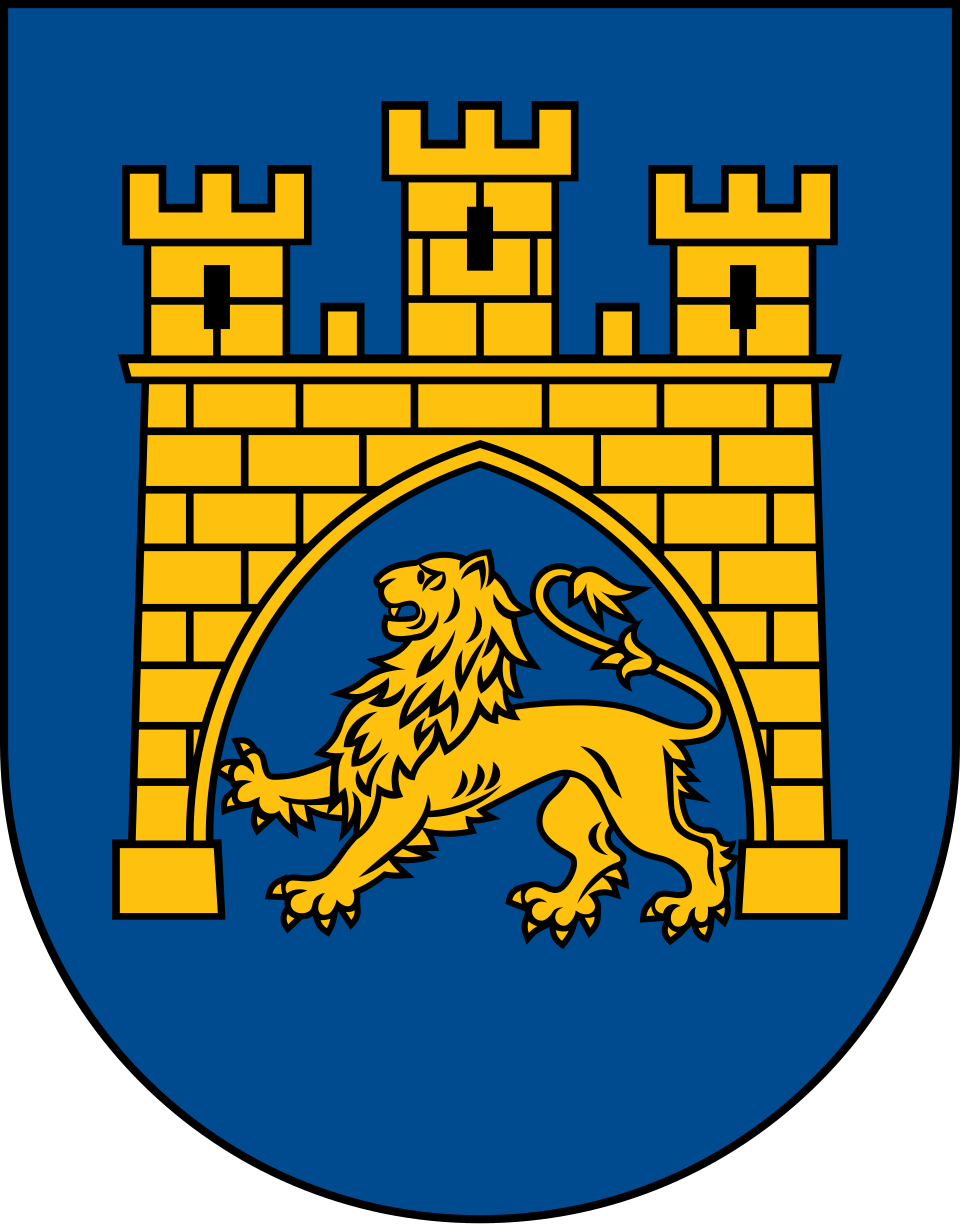Presentation of the Gender Equality Working Group

Tània Verge Mestre Claudia Martínez
Minister of Equality and Feminisms Secretary of Women
Government of the Generalitat of Catalonia Government of the Province of Córdoba
On the 20th of November, we addressed you in the Bureau and the General Assembly with the aim of presenting and approving a very important proposal that reflects the commitment that ORU Fogar has always had to advance towards a global policy of social justice, balanced development and cohesion.
We welcome the adoption of this initiative which not only responds to the urgent need for radical and systemic transformations to accelerate the empowerment of women and girls and achieve gender equality in the world, but also reaffirms our commitment to the obligation of regional governments to actively contribute to the achievement of the sustainable development goals of the 2030 Agenda and those set out in the United Nations Beijing Platform for Action.
All the Regions have this dual commitment to guaranteeing the Human Rights of women, in all their diversity, and to making gender equality effective in all areas. We are responsible for promoting societies that are freer, fairer, more egalitarian and therefore feminist. We are key actors in advancing gender equality in the world by promoting these systemic transformations in our territories.
This was confirmed in the preliminary internal socialisation session of the proposal, held last July, with a wide participation of ORU FOGAR's member regions, with which we agreed on the need to create a joint work space that allows us to share regional challenges and advances, as well as to generate joint strategies to influence the achievement of this common goal of achieving a world free of violence against women and girls, a world that guarantees the full and equal participation and leadership of women in all spheres of life.
Numerous challenges remain to achieve gender equality, both globally and in each and every country and region of the world. Violence against women and girls remains a central concern in terms of public health and safety. Furthermore, the current social, economic and cultural system continues to naturalise inequalities and the unequal allocation of household and care work to women reflects the entrenched sexual division of labour and generates severe material deprivation, lack of economic autonomy and greater job insecurity.
The effects of climate change, forced displacement, the lack of recognition of sexual and reproductive rights and the obstacles to women's full participation in politics also indicate that the absence of a gender perspective with an intersectional approach in laws and public policies is a barrier to truly eradicating inequality and violence.
We know, because it has been repeatedly stated from regionalism in multilateral work on women's and girls' rights, that a Global Feminist Gender Agenda is not possible without local and regional feminist gender agendas to advance and develop it.
For this reason, and in line with the Marseille Declaration, the Euskadi Declaration and the Córdoba Declaration, supported by the sub-state governments that are part of ORU FOGAR, the need arises to establish a strategic alliance that deepens our positions. The purpose is to strengthen the capacity of influence of the organisation and the regional governments in multilateral spaces, showing the leadership of the regions in the achievement of gender equality in the world.
The creation of this ORU FOGAR gender equality working group represents a significant step forward in our mission to cultivate an inter-regional alliance to generate synergies that allow us to advance towards the highest standards of Human Rights guarantees and social justice required by international treaties.
The main objectives of this working group will range from the joint development of a multilateral advocacy agenda, the promotion of exchanges between member regions to share good practices, support projects, generate studies and indicators that contribute to accelerate regional feminist agendas, as well as contribute to mainstream the gender perspective and the intersectional approach in all ORU FOGAR's actions in order to solve any existing gender disparity in our organisation.
Regarding the organisational structure, a multilevel structure is proposed that allows us to work according to the priorities and time availability of each region. Firstly, a specialised committee is formed to lead the working group made up of the promoting regions, a driving group made up of those regions that are developing in the framework of compliance with international treaties on women's human rights, thus ensuring that the work is framed within the global standards determined by international and regional treaties, and finally a plenary group made up of all regional governments interested in the advancement of gender equality.
In short, the creation of this new working group on gender equality not only responds to an urgent need, but also constitutes a unique opportunity to consolidate our commitment to international treaties and mechanisms guaranteeing women's human rights and to enrich our organisation.
We warmly urge you to join this transformative initiative and work together to build a more equitable and just future, leaving no one behind.










































































